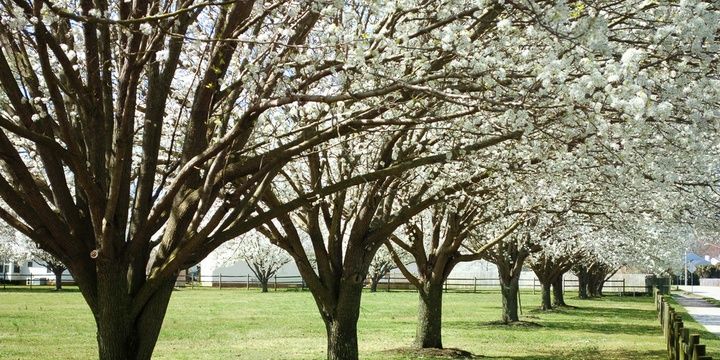
Living smart is easy if you know some certain things about the surrounding world. The things around you can either ruin your life or, on the contrary, help you live and enjoy it.
1. Black walnut tree
This species of trees give us edible nuts. People grow them for their shade, too. The bad news is that the roots, buds and nut hulls of black walnut contain lots of juglone – a chemical that, when released, steals energy from sensitive plants around. Do not plant vegetables close to black walnut trees. Vegetables that do not agree with the black walnut are potatoes, eggplant, and cabbage. Rhubarb, asparagus, peppers, and tomatoes should not be planted around the black walnut, either.
2. Bradford pear tree
Some trees can be sensitive to fire blight and leaf scorch while others cannot survive branch splitting. One of such species is the Bradford pear tree. The plant has a v-shaped crotch and heavy top. This makes the tree be likely to split. If the weather is stormy, the pear will often split in half.


